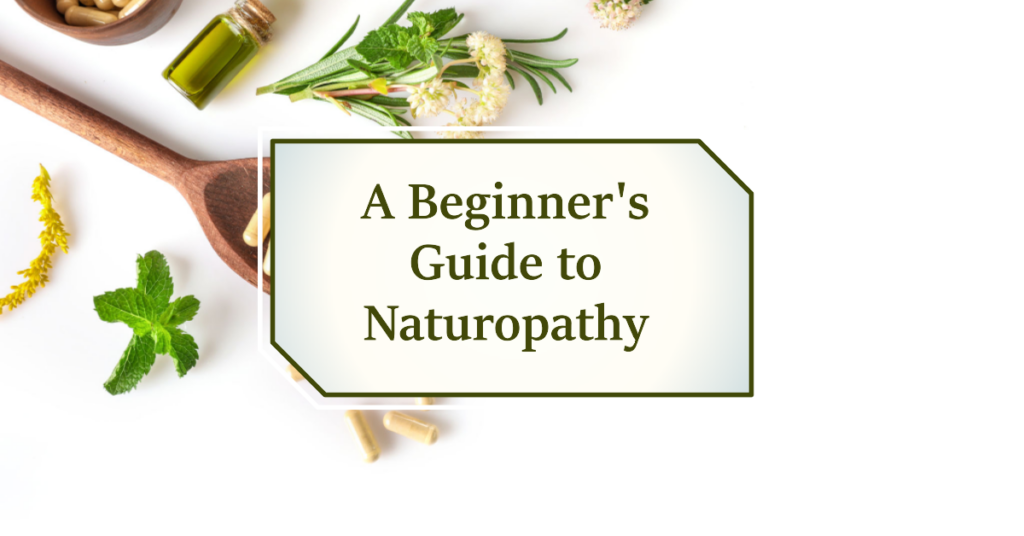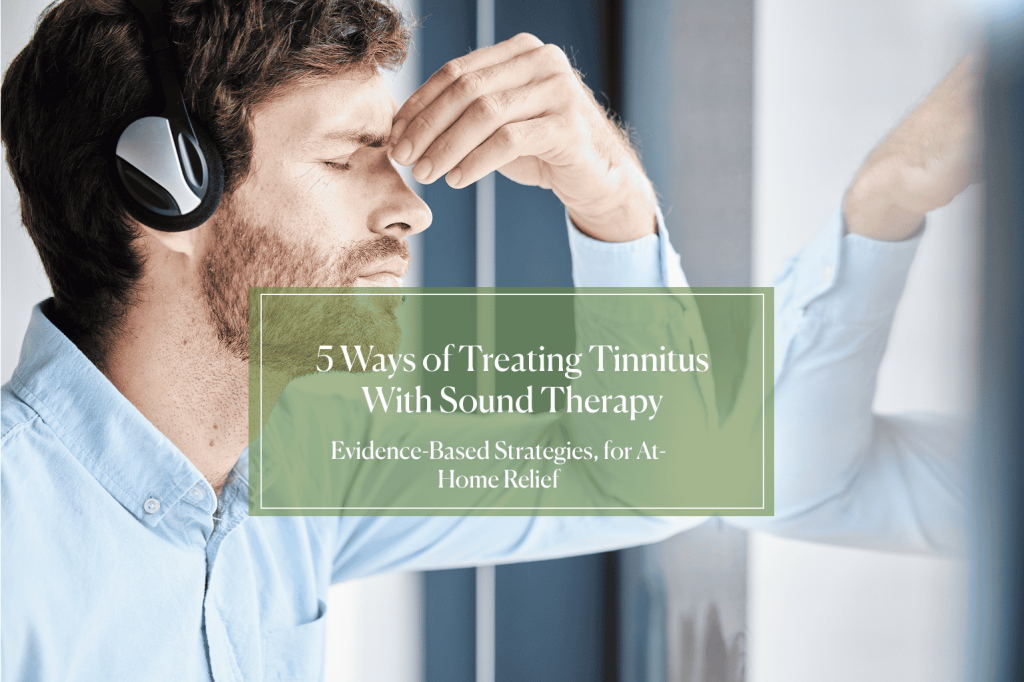5 Tips to Living a Healthy Lifestyle

In this article, we’ll explore actionable rips to living a healthy lifestyle that go beyond fleeting trends. We’ll delve into holistic practices, mindful choices, and the profound impact of everyday decisions on our overall health. Whether you’re just beginning your journey or seeking to refine your approach, these insights aim to guide, inspire, and empower you towards a life of vibrant well-being. Join us as we unravel the art and science of living healthily, grounded in authenticity and informed choice.
Navigating the vast landscape of health and wellness can often feel overwhelming. With a myriad of advice, trends, and recommendations flooding our daily lives, finding a clear path to can seem challenging. Yet, at the heart of this expansive terrain lies a simple, timeless truth: the essence of well-being is rooted in balance.
Key Guidelines for a Healthier and More Vibrant Life
Tip #1: The Holistic Spectrum of Health
In our quest for well-being, it’s easy to focus solely on physical attributes and outcomes. However, true health encompasses much more than meets the eye. The Holistic Spectrum of Health delves into the intricate tapestry of our entire well-being, from the mental and emotional to the spiritual and environmental.
Take Control Over Your Time to Improve Your Global Well-Being
In today’s ever-connected, 24/7 world, the concept of time has taken on a new significance. Amid the hustle of work deadlines, social commitments, and the omnipresence of digital distractions, it’s easy to overlook the profound impact of how we spend our hours and minutes on our overall well-being.
Indeed, time is the unsung currency of a healthy lifestyle, and its management is pivotal for both mental health and long-term health.
The balance between work, leisure, and rest is more than just a schedule—it’s a delicate dance that affects our heart disease risk, blood pressure, and even our mental state.
Overworking or continuous engagement without breaks can lead to stress, sleep disturbances, and a decline in mental well-being. High levels of sustained stress have been linked to several medical and mental conditions.
On the other hand, ensuring regular intervals of rest and relaxation acts as a buffer against health risks. Dedicating time for oneself isn’t just about relaxation; it’s about self-reflection and growth.
Setting aside moments for introspection, journaling, or even engaging in hobbies can drastically improve mental health. These moments help in grounding us, offering a break from the daily grind and providing a space to process emotions and experiences.
Building and nurturing relationships is another aspect deeply intertwined with time. Prioritizing moments with friends and family isn’t just about social fulfillment. Strong social connections have been consistently linked to longevity and reduced risk of chronic diseases.
Tip #2: The Art of Eating to Living a Healthy Lifestyle
In the pursuit of a healthy lifestyle, the art of eating plays an indispensable role. It’s not just about the food on our plates but the relationship we cultivate with it. Understanding and embracing a nourishing approach to eating can be transformative, offering myriad health benefits and, most importantly, a sustainable path to well-being and hence a healthy living lifestyle.
Foods That Fuel
In a world overwhelmed with dietary fads and ever-changing food trends, focusing on nutrient-rich foods remains a timeless strategy. These foods, often found in their most natural state, are powerhouses of vitamins, minerals, and other essential nutrients.
Think vibrant fruits and vegetables, lean proteins, whole grains, and healthy fats. Their benefits extend beyond just weight loss. Consuming a variety of these foods can help regulate blood pressure, reduce the risk of chronic conditions like type diabetes, and boost overall vitality.
Moreover, they offer protective effects against heart disease and other cardiovascular conditions. It’s not about counting calories or restrictive eating. Instead, it’s about making choices that offer our bodies the fuel it truly needs.
Listening to Your Body
The concept of intuitive eating is reshaping the narrative around diets and healthy eating habits. Breaking free from the diet culture means moving away from external rules and restrictions and tuning into the body’s cues.
It’s about recognizing when you’re hungry, understanding what your body craves, and allowing yourself to enjoy food without guilt. Intuitive eating challenges the norms of weight loss regimes and promotes a holistic approach to health.
Instead of viewing foods as ‘good’ or ‘bad,’ it’s about understanding their effects on our bodies and making informed choices. This approach not only promotes mental health by reducing the stress and anxiety associated with dieting but also paves the way for sustainable health benefits.
After all, our bodies are the best judges of what they need, and by listening to them, we can navigate our way to a balanced and fulfilling healthy lifestyle.In essence, the art of eating transcends the act of mere consumption.
It’s a harmonious blend of making informed choices and honoring the body’s innate wisdom. By focusing on nutrient-rich foods that fuel and adopting an intuitive approach to eating, we can embrace a path that celebrates food’s role in our lives while ensuring optimal health.
Tip #3: Movement: Finding Joy Beyond Traditional Exercise
The journey to a healthy lifestyle is as much about the spirit of movement as it is about the specific exercises we choose. In an era where fitness is often equated with rigorous gym routines and high-intensity workouts, it’s essential to recognize and embrace the broader spectrum of movement that enriches our lives daily.
Activity in Daily Life
Movement isn’t confined to structured exercise routines. Our bodies are designed for motion, and every step we take, every dance move we bust out, every stretch we indulge in, contributes to our physical health.
Simple activities like walking, whether it’s a stroll in the park or pacing during a phone call, can have profound health benefits. Dancing, often seen as a form of expression, is also a holistic activity that benefits both mental and physical health.
It not only aids in weight loss but also improves mood, coordination, and cardiovascular health. Gardening, playing with pets, or even engaging in playful activities with family can serve as moderate-intensity aerobic activities. Of course, if you can dedicate some time to exercise daily, that would be optimal.
The Role of Weight in Exercise
The fitness world is riddled with myths surrounding weight. Too often, the scale becomes the sole indicator of fitness success, overshadowing the genuine health benefits of regular physical activity.
It’s crucial to understand that weight is just one facet of overall health. Muscle weighs more than fat, and as one engages in strength training or muscle-strengthening activities, they might notice an increase in weight due to muscle gain, even as their body becomes leaner and stronger.
Prioritizing strength over numbers means focusing on how exercise makes you feel, the energy it imparts, and the strength it builds, rather than getting fixated on the scale.
Moreover, addressing myths around exercise and weight can help combat issues like body image disorders and promote a more holistic approach to healthy living.
In the grand tapestry of health and well-being, movement emerges as a celebration of life. It’s a testament to the body’s incredible capabilities and the joy derived from even the simplest activities.
Tip #4: Restorative Sleep: The Foundation of a Vibrant Day
Sleep, often relegated to the periphery in our bustling lives, stands as a cornerstone in the edifice of a healthy lifestyle. Beyond mere rest, it’s a regenerative process, a time when the body and mind undergo intricate restorations. In understanding the profound impact of sleep, we can begin to prioritize it, recognizing its role as the silent guardian of our health and well-being.
The Science Behind Sleep’s Impact on Health, Weight, and Mood
Sleep’s influence permeates every facet of our health. At a cellular level, it’s a time of repair and rejuvenation. Chronic sleep deprivation has been linked to a myriad of health concerns. Moreover, a consistent lack of sleep can disrupt hormonal balances, leading to weight gain and making weight loss endeavors more challenging.
The hormone cortisol, which regulates stress, tends to elevate with insufficient sleep, leading not only to weight gain but also increased stress and anxiety levels. On the other hand, adequate rest supports the regulation of the hunger hormones, ghrelin and leptin, aiding in appetite control.
Furthermore, the REM (Rapid Eye Movement) stages of sleep play a pivotal role in our emotional and mental health, processing emotions, and consolidating memories. Disruptions in this phase can lead to mood swings, reduced cognitive function, and mental health challenges.
In essence, sleep is the unseen force that can either bolster or undermine our mental and physical health, making its prioritization paramount.
Tips to Optimize Sleep in a World Filled with Screens
In the digital age, the blue light emitted from screens is one of the primary culprits disrupting our sleep cycles. This light can suppress the secretion of melatonin, a hormone instrumental in regulating sleep. To combat this, consider implementing a digital sunset, where all screens are turned off at least an hour before bedtime.
Furthermore, creating a sleep-conducive environment can be transformative. This might involve using blackout curtains, ensuring the room’s temperature is cool, or incorporating calming scents like lavender. Also, establishing a consistent sleep routine, even on weekends, can train the body’s internal clock, leading to better sleep quality.
Engaging in relaxing activities, like reading a physical book, practicing mindfulness, or indulging in a warm bath, can act as signals, preparing the body and mind for rest. In a world that often equates busyness with productivity and worth, recognizing the profound value of sleep is revolutionary. It’s not just about clocking in hours on the bed but ensuring those hours are restful and restorative.
Tip #4: Nourishing the Mind to Living a Healthy Lifestyle
The pursuit of a healthy lifestyle is as much an inward journey as it is an external one. While much emphasis is placed on physical health, the state of our mind plays an equally pivotal role in determining our overall well-being. A nourished mind not only bolsters our emotional resilience but also significantly impacts our physical health.
Mental Diet: Consuming Positive Content and the Role of Media Consumption in Mental Health
Just as we are cautious about the food we consume, our mental diet – the information, thoughts, and content we feed our minds – requires equal discernment.
In a digital age where information is ubiquitous, sifting through content becomes crucial. Organizations like the BBC and the World Health Organization often emphasize the profound impact of media on mental health.
The constant barrage of negative news, the unrealistic standards set by social media, and the misinformation rampant on many platforms can lead to anxiety, stress, and a skewed perception of reality.
To counteract this, it’s essential to curate our media consumption. Opting for positive, uplifting content, and being selective about the sources of information can act as a protective shield against mental health challenges. Notably, experts like Dr. Zach Bush have discussed the importance of a clean mental diet as a foundation for holistic health.
Seeking Help When Needed: Destigmatizing Therapy and the Importance of Mental Well-being
Despite advancements in understanding mental health, misconceptions and stigma persist. Many cultures and societies, including facets of America and the United States, still grapple with recognizing mental health challenges as genuine health issues.
However, bodies like the Centers for Disease Control (CDC) and the World Health Organisation have continually underscored the importance of mental well-being and its connection to overall health.
Recognizing when one needs help and seeking it should be as normalized as visiting a doctor for a physical ailment. Therapy, counseling, and other forms of psychological support can offer tools, insights, and coping mechanisms.
Moreover, voices like Anna Pelzer and Curtis Perry have highlighted the transformative power of seeking support. It’s a journey of self-awareness, healing, and growth. The act of reaching out, whether to professionals, unsupportive friends & family, or support groups, is a testament to strength, not weakness.
In the intricate tapestry of health, the mind stands as a central pillar. Nourishing it, protecting it from negative influences, and seeking support when needed are not just acts of self-care; they are revolutionary steps towards a fuller, more vibrant life.
In the multifaceted realm of well-being, there isn’t a one-size-fits-all approach. Health, in its true essence, is a deeply personal journey, influenced by choices, circumstances, and individual aspirations.
As we’ve navigated through the various dimensions of health in this article, one thing becomes clear: the cornerstone of a vibrant life is a marriage of self-awareness, self-love, and informed choices. Your health journey is uniquely yours, and while guidance and knowledge are valuable, it’s essential to tailor this wisdom to your life’s tapestry.
Embrace the power of self-love, for it’s the compass that will guide you through challenges, helping you make choices that resonate with your truth. As a step towards empowering your journey, we invite you to delve deeper into the world of natural well-being.
Tip #5: Unlock Your Potential with Our Certification Courses!
Holistic Health Practitioner Certification Course
Embark on a transformative journey with our Holistic Health Practitioner Certification Course, meticulously designed for individuals eager to deepen their understanding and practice of holistic health. This comprehensive course covers a wide array of holistic therapies, wellness practices, and natural healing techniques, empowering you to foster total well-being in both yourself and others.
Whether you’re a seasoned practitioner or just beginning to explore the realms of holistic health, this course offers a wealth of knowledge, practical skills, and a certification to validate your expertise. By the end of your journey, you’ll be equipped to confidently guide others on their path to wellness, with a holistic perspective that encompasses the mind, body, and spirit.
Naturopathy Practitioner Certification Course
Transform your passion for natural health into expert knowledge with our Naturopathy Practitioner Certification Course. This immersive program provides an in-depth exploration of naturopathic medicine, covering herbal remedies, nutritional counseling, and a variety of natural therapies.
With a focus on treating the whole person, this course empowers you to identify and address the root causes of health issues, fostering lasting well-being. Upon completion, you’ll obtain a certification, showcasing your commitment to and proficiency in the field of naturopathy. Whether you are looking to start a new career or enhance your existing practice, this course is a stepping stone to becoming a respected and knowledgeable naturopathy practitioner.
Take the Leap and Elevate Your Practice Today!
We warmly invite you to delve into these enriching programs and consider how they can elevate your understanding and application of holistic and naturopathic principles. Each course has been crafted with precision and passion, ensuring you gain the skills, knowledge, and certification needed to thrive in the field of holistic health.
Embrace the opportunity to transform your passion into expertise, and join a community of like-minded individuals dedicated to promoting wellness and balance.
Step into your power as a certified practitioner, and start your transformative journey towards holistic and naturopathic mastery today!








Responses